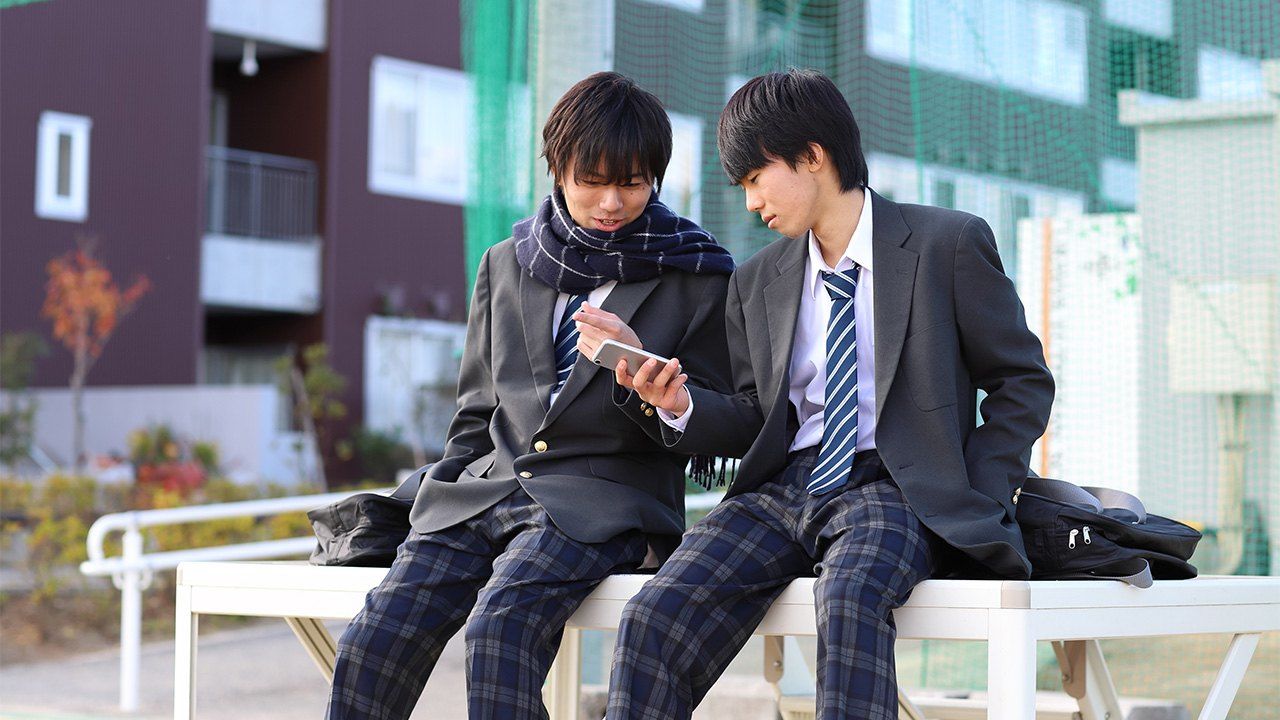
Majority of Japanese Youth See North Korea as Military Threat
Politics Education- English
- 日本語
- 简体字
- 繁體字
- Français
- Español
- العربية
- Русский
National security has become a much more pressing issue for Japan, with North Korea continuing to launch missiles and the prospect of a Taiwan contingency. In December 2022, the government revised three of its key security documents, including the National Security Strategy. It also took steps toward changing its security policy so that the Self-Defense Forces can have counterattack capabilities.
The Nippon Foundation asked 1,000 young people aged 17 to 19 years old how they view the security situation facing Japan and how they think it could be resolved.
At 51.7%, the majority of respondents said they thought the most common security threat to Japan over the next five years would be the “impact from fighting and conflicts in neighboring regions.” Other perceived top threats were “armed attack on Japan” with 47.2% and “attack on US military bases in Japan” with 31.6%.
Asked about which countries they perceived as a military threat to Japan, the most common response, with 66.8%, was North Korea, followed by Russia with 54.6%, and China with 48.8%.
Among the security policies young people felt Japan should focus on in order to maintain domestic peace, the top priority for 26.2% of respondents was “economic stabilization.” A further 20.4% said “the three non-nuclear principles” and 18.3% answered “ensuring stability in Japanese society.” While both young men and women placed “economic stabilization” top, young men went on to rank “strengthening the Japan-US Alliance” and “expanding the Self-Defense Forces” as priorities. Young women, on the other hand, supported more focus on “the three non-nuclear principles” and “ensuring stability in Japanese society.”
Young women showed a greater opposition to nuclear weapons than young men. The total for those who either “opposed” or “somewhat opposed” showed that more than 80% had objections to both Japan’s domestic production of nuclear weapons and possession of imported nuclear weapons.
(Translated from Japanese. Banner photo © Pixta.)




